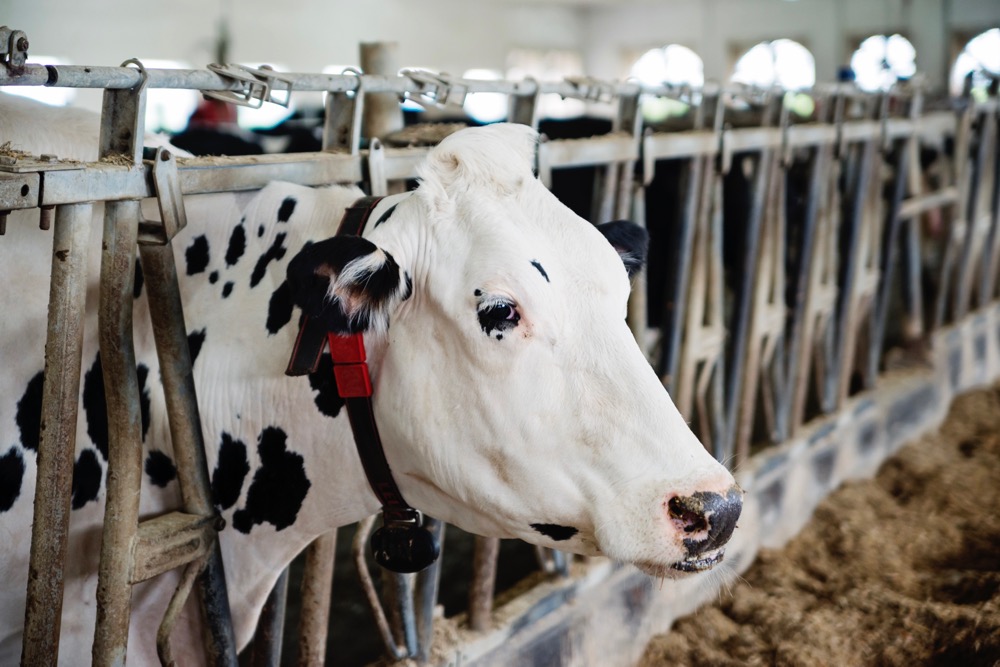Colorado dairy herd added to bird flu case count

Colorado is the latest state to confirm cases of bird flu in a dairy herd, the U.S. Department of Agriculture (USDA) said on April 25.
Nine states and have reported infections in 34 herds since the middle of March.
In a Colorado Department of Agriculture news release, Colorado State University veterinarian Maggie Baldwin said the highly pathogenic avian influenza (HPAI) virus is being spread between both dairy cows and herds.
“While we don’t yet completely understand the mechanism of transmission of this virus, we do know that it appears to be spreading from cow to cow and between herds,” she said.
Read Also


Polish protesters suspend months-long blockade of Ukraine border
Polish farmers called off their protest at the last border crossing with Ukraine on Monday, lifting a blockade that has dragged on for months, soured bilateral relations and buffeted Ukraine’s trade.
Baldwin’s statement is consistent with a recent USDA announcement which said the department has identified spread between cows within the same herd, from cows to poultry and between dairies associated with cattle movements. There have also been cows without clinical signs that have tested positive.
The news comes hot on the heels of a U.S. Food and Drug Administration (FDA) national survey that found one in five samples of commercial milk in the U.S. tested positive for traces of bird flu.
The FDA said additional testing will be required to determine whether the intact pathogen is still present and if it remains infectious. At the same time, it said there is “no evidence” that the milk poses a danger or that a live virus is present. Earlier that week, the FDA said that if the milk is pasteurized, it remains safe for human consumption as the process of heating the milk to a specific temperature kills harmful bacteria and viruses.
On April 24 the U.S. Animal and Plant Health Inspection Service (APHIS) announced measures to limit the interstate movement of dairy cattle to those that receive a negative test for Influenza A, a measure that comes into effect today.
Owners of herds in which dairy cattle test positive for interstate movement will be required to provide epidemiological information including animal movement tracing.
Dairy cattle affected by HPAI are reported to have decreased feed intake, decreased milk production and abnormal colostrum-like milk. Affected cattle appear to recover after supportive care.
The virus has not been identified in any Canadian dairy or beef herds to date.
Source: Farmtario.com

